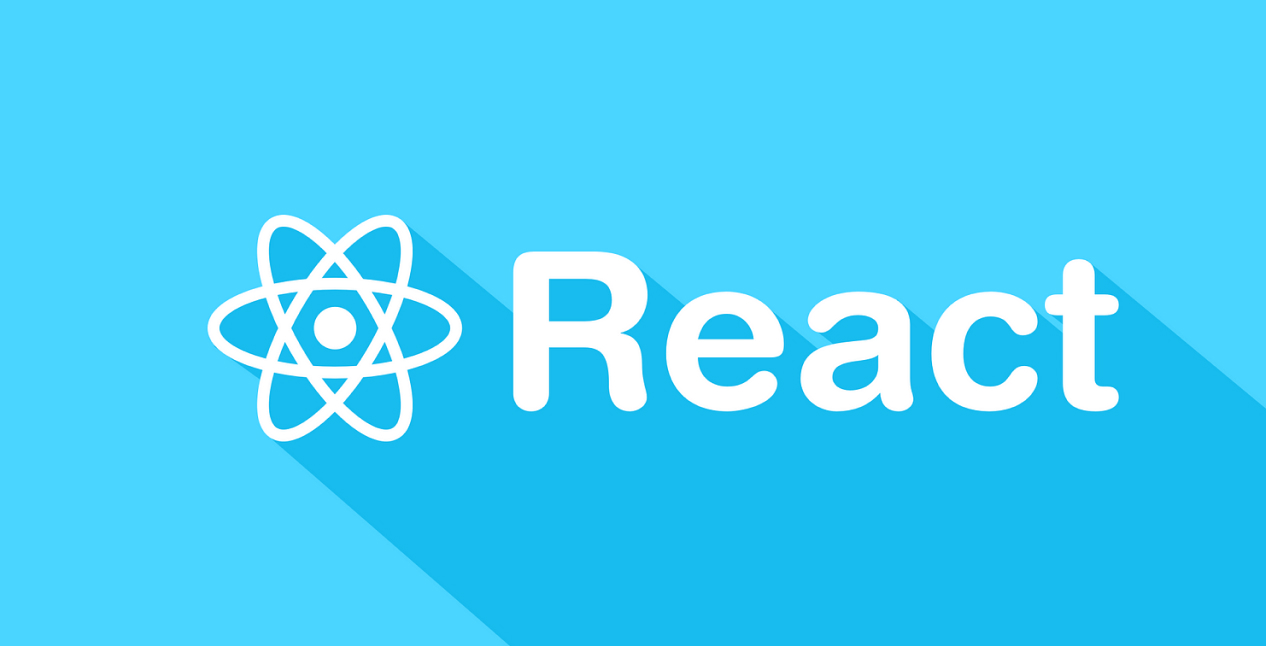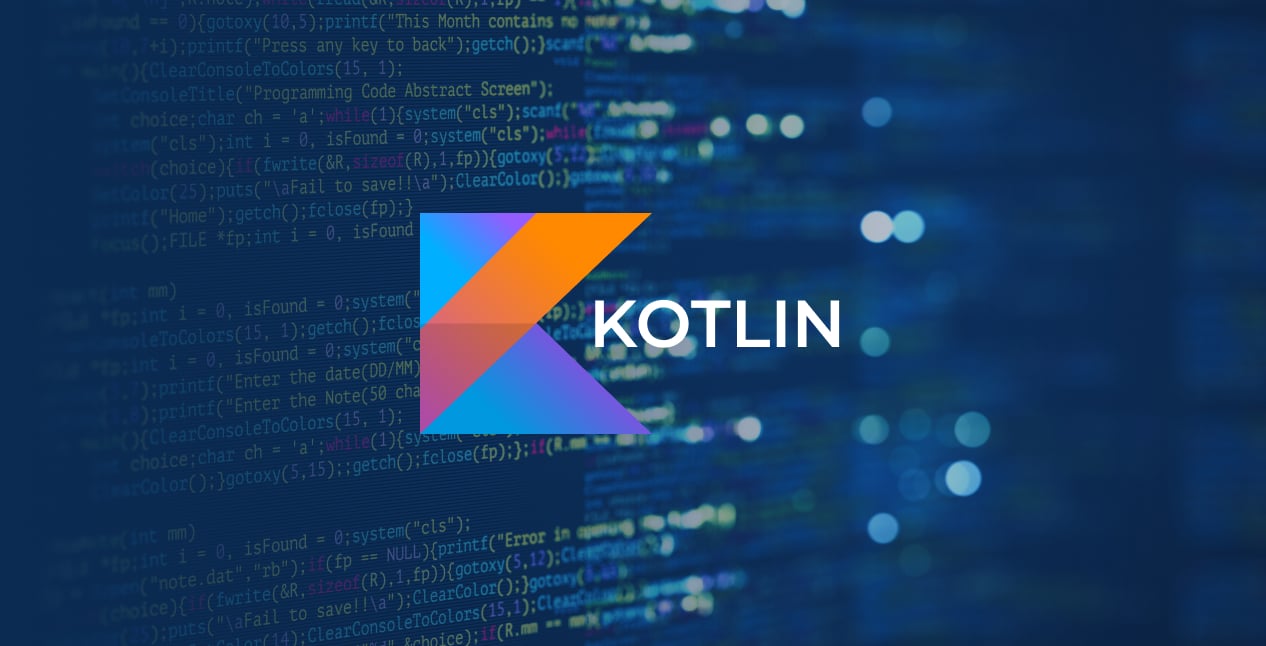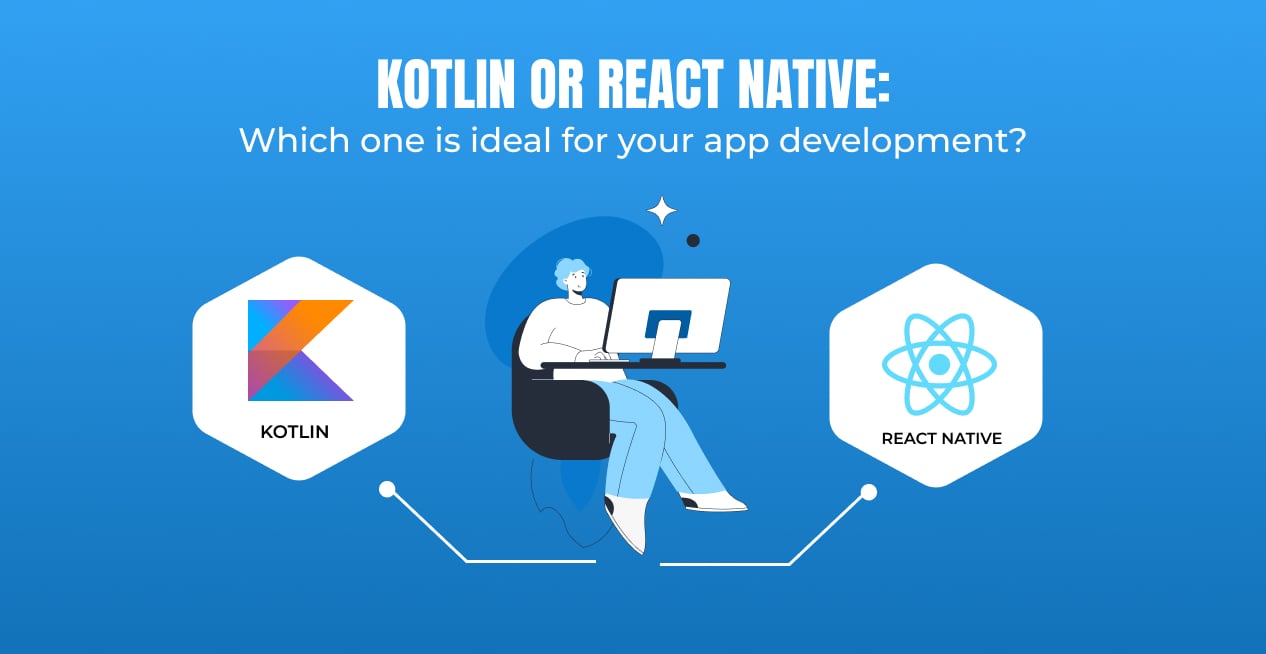-
Introduction:
- What is React Native?
- What is Kotlin?
- What Are The Pros And Cons of React Native?
- What Are The Pros And Cons Of Kotlin?
-
React Native vs Kotlin: Head-to-Head Comparison
- Popular Apps Built with React Native and Kotlin
-
When to Choose React Native as Your Next App Development Framework?
- 1. Facilitates app development across multiple platforms
- 2. Trusted and most reliable
- 3. Regular improvements and upgrades
- 4. Support from a vibrant community of developers
- 5. Reloading feature
- 6. Customized interface
- 7. Makes debugging easier
- 8. Exceptional performance
- 9. Epitome of flexibility
- 10. Long life existence
- When to Choose Kotlin as Your Next App Development Framework?
-
Final takeaway:
- Faqs:
Introduction:
Do you know that, on average, people spend 80% of their mobile time on apps? This highlights that the mobile app industry is enormously waving its presence. Moreover, recent average stats show that app usage and smartphone penetration is growing briskly at a steady rate.
Now that we’re talking about developing mobile apps, let’s look at an example. We all know building requires a plot of land, and similarly, building a mobile application necessitates an app development platform. In the current tech landscape, there are many app development platforms hitting the market, each vying to be the best among others. Currently, there are two major contenders dominating the market race, i.e., React Native and Kotlin, the two leading cross-platform development tools are used by developers to create robust mobile applications. In this blog, let’s delve into comprehensive information to determine which platform reigns superior in the realm of app development.
What is React Native?

React Native is a Javascript framework developed by Meta, used to create intuitive native applications for Android and iOS. React Native consists of rich mobile UI components. Its working principle does not manipulate DOM and runs in the background process. It offers both better UIs and UXs, which is why it is the most adored by developers.
To leverage the power of React Native, connect with the top React Native Development Company in India.
Features of React Native
- Open source
- Improvements & upgrades are frequent as it is backed by Facebook
- Modular and intuitive architecture boosts flexibility to make updates
- Speeds up the development process by taking less time to load
- Large developer community
- Saves a significant amount of time and cuts the cost to half
- Inbuilt with a fascinating additional feature popularly known as a live-to-reload feature (empowers you to check the aftereffect)
Use cases of React Native
- Bloomberg app implements automated code refreshes, this aids the users to get the latest updates once opening the app.
- Facebook Ads Manager is a space to manage advertisements of products and is built entirely on React Native. It is cross-platform, and it handles UI differences. Its UI’s animations and transitions meet the same standard.
- Instagram integrated React Native to overcome prevailing tech challenges. It enables faster push features and maintains iOS and Android app versions.
What is Kotlin?

Kotlin is a cross-platform developed, designed, and supported by JetBrains. It is a programming language with a type interface. It interoperates fully with Java and the JVM version. Google announced it as a preferred programming language for Android app developers.
To know the latest facts about Kotlin, check our latest blog.
Features of Kotlin
- Clean and concise code
- Facilitates null safety as most of the app crashes are due to a null pointer
- Being an expressive code, it is easily understandable by every programmer
- Modular features increase productivity
- 100% interoperability with Java
- User can transcompile Kotlin code to JavaScript code
Use cases of Kotlin
- Evernote integrated Kotlin to bolster the app’s existing capabilities. It comes with additional features for users like scanning, photos, audio, to-do lists, and more.
- Swiggy – 74% of the app is written in Kotlin programming language. Soon after migrating all-new feature development to Kotlin, the company witnessed a 50% reduction in app crashes.
- Netflix is currently using KMM. The application handles multiple configurations through an internal management tool called Hendrix.
What Are The Pros And Cons of React Native?
Advantages of React Native
1. Accelerated development: Cross-platform apps reduce the time required for the development process. These are ready-to-use components that expedite the development process.
2. Learning curve: Devs with React experience are able to develop RN apps without difficulty, as ideas and modules are both in systems overlap.
3. Quick Fixes (OTA updates): OTA updates enable swift fixes and improvements to be deployed. The updates are reviewed by the digital distribution service before the launch.
4. Fast Refresh: React Native allows a developer to make changes in the codebase without the need of reloading the entire application. This improves their overall efficiency, leading to faster iteration cycles.
5. Cohesive team collaboration: React Native fosters seamless collaboration with the capability to allow one team to work on multiple codes, reducing the need for multiple teams.
6. Exceptional performance: Developers can examine JavaScript code to gain similar performance results in React Native and Swift.
7. Simplified UI: React Native utilizes declarative programming to develop mobile UI, which facilitates effortless spotting of bugs or errors.
8. Large community: React Native is an open-source platform, bolstered by a vibrant community of developers allowing them to share valuable insights and support.
Disadvantages of React Native
1. Compatibility and debugging: React Native is still in beta, so developers may encounter issues with package compatibility and debugging tools.
2. Upgrading issues: Upgrade helpers and community guides are available to support users during the transition between React Native versions.
3. Lack of custom modules: React Native lacks certain components and may require multiple codebases, resulting in differences in behavior and appearance on different platforms.
4. Native code still needed: Native programming skills are necessary for some features of React Native, but open-source libraries may not be enough.
5. Extra focus on performance: Developers should focus on performance and avoid unnecessary rerendering to improve app performance.
What Are The Pros And Cons Of Kotlin?
Advantages of Kotlin
1. Less code: Kotlin provides less code with high readability, resulting in fewer bugs and better chat apps.
2. Developer Friendly: Kotlin has solved the challenges of building a real-time chat app using IntelliJ IDEA, such as null pointer exceptions.
3. Compatibility with Java: Kotlin is highly compatible with Java regarding chat app solutions but does not support bytecodes older than 1.8.
4. Easy to adopt: Engineers can use Kotlin to streamline Android chat app development.
5. Multiplatform supporting: Kotlin supports JavaScript and interoperability, enabling cross-platform development.
6. Strong community: JetBrains improved Kotlin to create a stable business model and the flagship of a large community.
Disadvantages of Kotlin
1. Limited learning sources: Kotlin is becoming increasingly popular, but a limited developer community is available.
2. Compilation speed: Kotlin is faster than Java, but still incomparable for clean building.
3. Different from Java: Kotlin and Java differ in many aspects, making it difficult to switch.
React Native vs Kotlin: Head-to-Head Comparison
| Sr.no | Point of Difference | React Native | Kotlin |
| 1. | Developed by | Meta and community | JetBrains |
| 2. | Description | It is an open-source framework for building a native app using React | It is an open-source, statically typed programming language |
| 3. | Launch | 2015 | 2016 |
| 4. | Platform | Android, Android TV, iOS, macOS, tvOS, Web, Windows, UWP, and VR | Android, JVM, JavaScript, macOS, iOS, tvOS, watchOS, Linux, Windows, Web Assembly, LLVM |
| 5. | Written in | JavaScript, Java, C++, Objective-C, and Python | Java |
| 6. | License | MIT License | Apache License 2.0 |
| 7. | Popular apps | Facebook Ads, Instagram, Walmart, UberEats, Tesla | Zomato, Netflix, Pinterest, Uber, Swiggy |
| 8. | GitHub Stars/ GitHub forks | 109k stars, 23.3k forks | 44.6 stars, 5.5k forks |
| 9. | Difficulty level | Easy for those who belong to web development background | Kotlin syntax is easy and similar to Java and Swift |
| 10. | Component library | Wide library with many useful components | Limited component library with fewer components |
| 11. | Cost of development | Less | More |
| 12. | Hot Reload | Yes | No |
| 13. | Community support | Large | Growing |
Popular Apps Built with React Native and Kotlin
Some of the popular apps built with React Native and Kotlin are listed below:
Companies using React Native
A few companies which built their apps using React Native are as follows:
- Bloomberg
- Wix
- Walmart
- Discord
- Uber Eats
- Shopify
Companies using Kotlin
A few companies that gained a popular base using Kotlin are as follows:
- Udemy
- Slack
- Zomato
- Netflix
- Swiggy
- Tech Stack
- Tinder
- HENNGE K.K
- Uber
When to Choose React Native as Your Next App Development Framework?
Here are some reasons to choose React Native as your next app development framework:
1. Facilitates app development across multiple platforms
React Native offers an intuitive solution by providing a single development platform. It can deliver a seamless user experience across multiple platforms, reducing app development time. It reduces the double work as it requires only one coding language for both operating systems.
2. Trusted and most reliable
React Native has earned its reputation as a trusted and reliable platform for app development, with notable companies like Facebook, Tesla, Bloomberg, and others choosing it to build their apps. This solidifies that React Native is a seeking platform to rely on.
3. Regular improvements and upgrades
React Native uproots with regular upgrades and developments, empowering developers to outperform their applications. This platform is a valuable source, providing solutions to developers’ problems. Moreover, it facilitates desirable upgrades for app development regularly.
4. Support from a vibrant community of developers
React Native has a vast community of developers fostering collaboration and support, enabling access to all valuable documents without cost. This remarkable platform supports new developers who can take guidance from experienced developers through discussion.
5. Reloading feature
React Native has an amazing feature known as hot reloading, which empowers developers to modify their code seamlessly. Moreover, it changes the specific areas within the app. This makes development and testing more manageable.
6. Customized interface
Most app developers can unleash their creativity as it provides personalized UIs for developing the app. It supports various styles and UI requirements, giving the developer freedom to develop a personalized interface that aligns with their vision.
7. Makes debugging easier
Debugging is a daunting task for developers during the app development process. Syntax errors can take hours to troubleshoot and resolve. But, React Native uses a single, cross-platform codebase, which makes debugging process much easier, even across multiple languages.
8. Exceptional performance
React Native leverages powerful graphics processors to speed up performance. Applications developed with React Native utilize UI components to enhance performance and improve customer experience.
9. Epitome of flexibility
A highly collaborative environment fosters collaboration with multiple developers. This empowers them to leverage their expertise collectively, leading to faster app development. Its collaborative nature speeds up the development time, ensuring maximum reach & usability.
10. Long life existence
There is no sign of React Native fading away anytime soon. It’s rich library components and supportive community of developers consistently provide solutions to ongoing app development issues. It is here to stay and will propel future app development.
When to Choose Kotlin as Your Next App Development Framework?
Let’s find out more about why you should opt for Kotlin for developing apps.
1. Succinct code
Kotlin is more concise, requiring fewer lines of code to achieve the same objectives. Its expressive nature fosters code readability, making it easier to catch errors and rectify them swiftly. It is suitable for particularly complex app development projects.
2. Suitable for enterprise applications
Kotlin is a mature technology perfectly suited for enterprise-grade applications. Its seamless integration with Android Studio is backed by extensive IDE and tooling support from Google. Choosing Kotlin is a future-proof investment with planned enhancements and enriched libraries.
3. Fortified code safety
Kotlin is a modern language that avoids common errors like NullPointerExceptions and performs checks to root out and eliminate errors. Its meticulous checks eliminate potential risks resulting in apps that are secure, reliable, and error-free.
4. Seamless compatibility with Java
Kotlin is designed to be fully backward compatible with Java, so you can effortlessly bend or match code without worrying about breaking down issues. Android app development using Kotlin is easy and convenient because it is designed to be fully backward compatible with Java.
5. Multiplatform capabilities
Kotlin Multiplatform is a powerful tool for crafting multi-platform apps, allowing developers to reuse and share code between platforms and simplify application maintenance. It is supported by libraries such as Ktor, SQLDelight, Apollo, and Koin.
6. Easy for developers
JetBrains developed Kotlin to make it easy for Java users to switch to, reducing the barrier to adoption and making it easier for mobile app developers to develop native Android apps. It also helps lower the cost of migrating to Kotlin for enterprise applications.
7. Low developmental cost
Kotlin provides higher code quality and a shorter development cycle, allowing developers to modify code more easily and catch bugs earlier, reducing crashes and failures. It saves time, effort, and resources, resulting in a cost-effective development experience.
To know more about why to choose Kotlin for your app development, contact a Kotlin App Development Company.
Final takeaway:
Now, in making a final decision on which one is right for you? Well, ideally, the choice depends on your set needs and requirements. If you are a developer or individual looking for a contemporary, expressive programming language with a vibrant community circle, Kotlin stands out as one of the excellent choices. Whereas, if your goal is to build high-performance apps, React Native can result to be a better option. React Native offers a quick and fast, and better user interface. Moreover, it is a popular platform for creating robust yet efficient applications.
We know that navigating through these choices can be a tough call, but fear not, our team of experts will surely help you to make an informed decision.
Faqs:
1. Which is better: React Native or Kotlin?
There is no doubt that React Native works wonders when it comes to building cross-platform applications. Whereas, Kotlin is taking advantage of being the best choice for app development for the developer who has no knowledge about developing cross-platform applications.
2. Is React Native similar to Kotlin?
No, React Native is an open-source UI framework, whereas Kotlin is a programming language. But they both are used in multi-platform app development.
3. Which one is best for Android development?
Kotlin multi-platform enables developers to share logic and libraries below the UI layer, allowing them to interact with their native environment. Unlike Kotlin, React Native does not demand developers to follow its own UI.
4. Does React Native has faster speed?
React Native is connected with the plugin through the framework, allowing the platform to run smoother and load faster.











